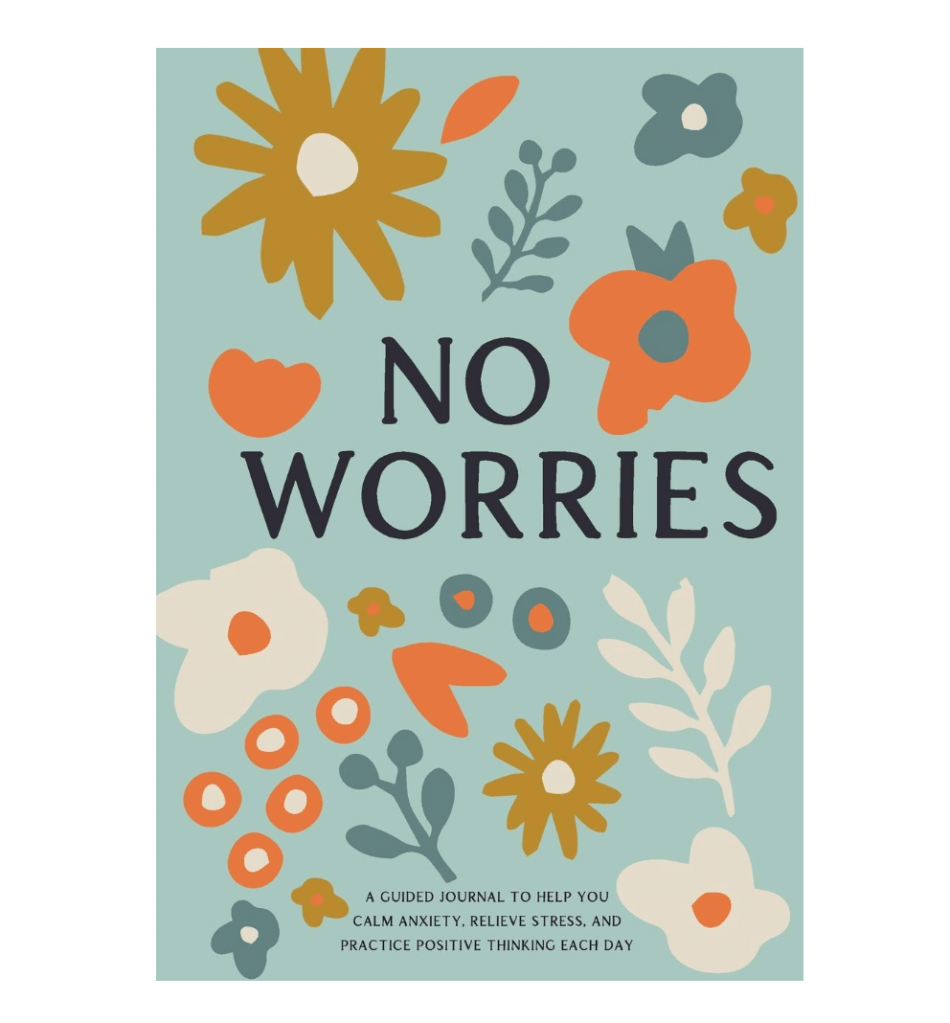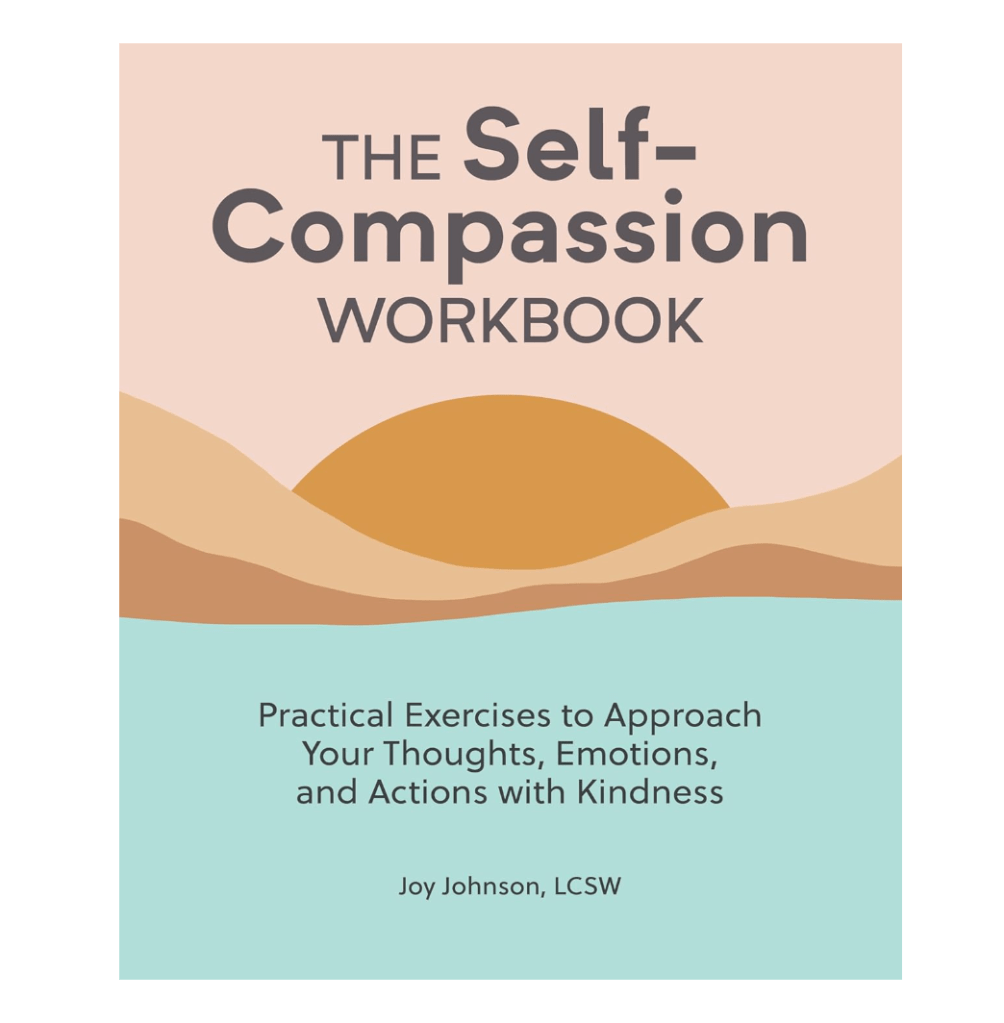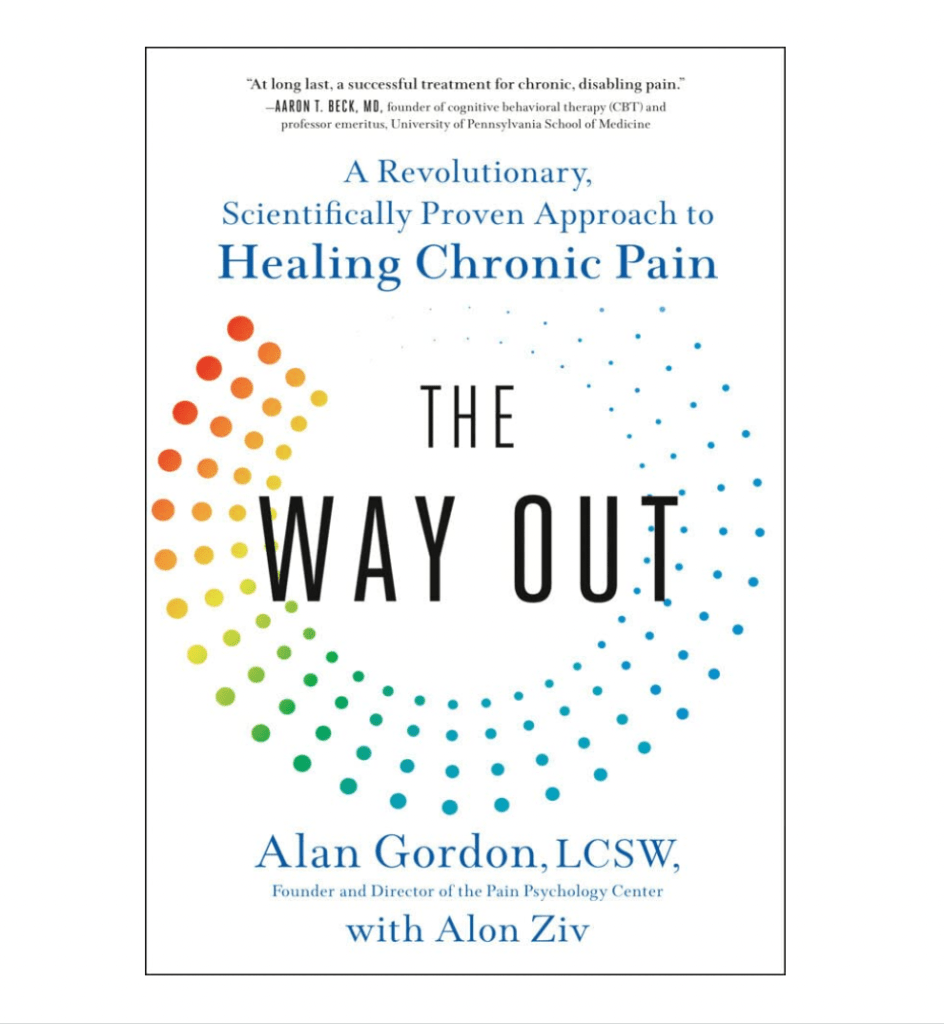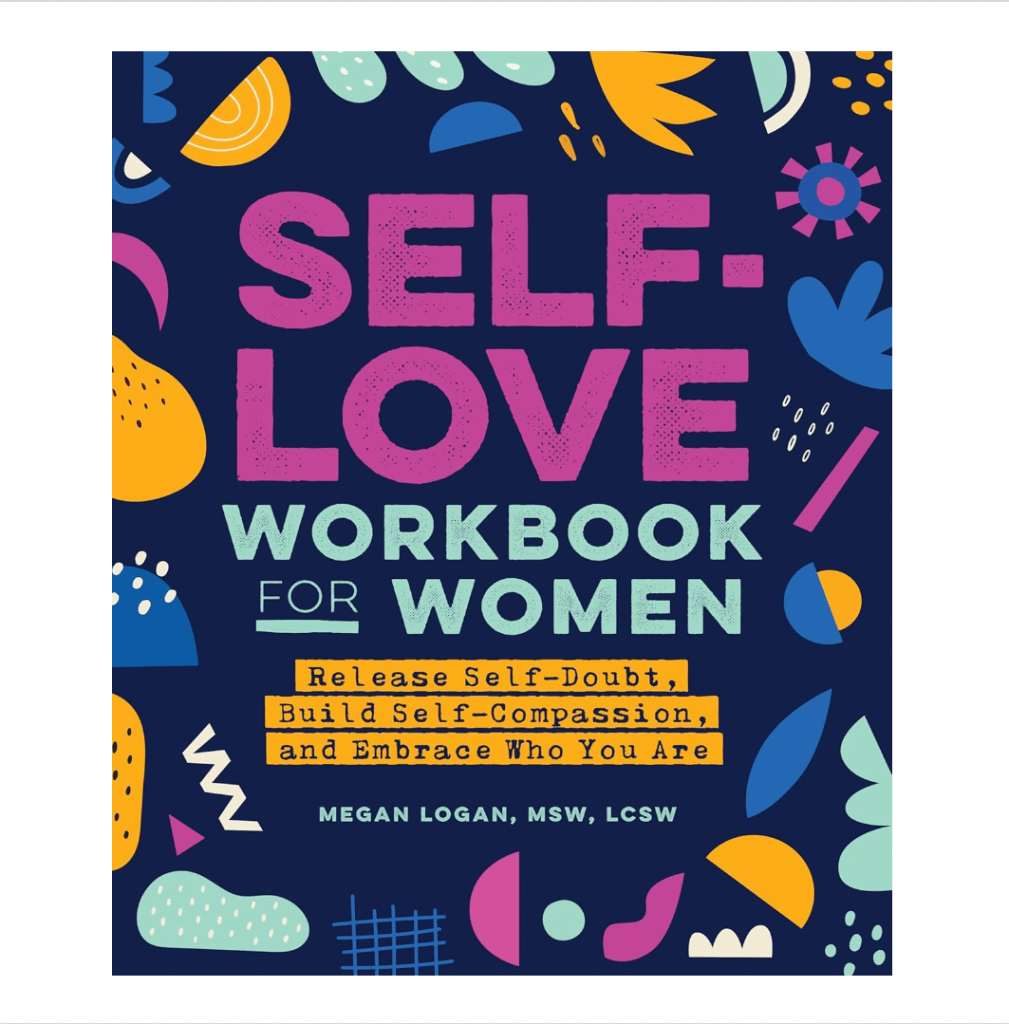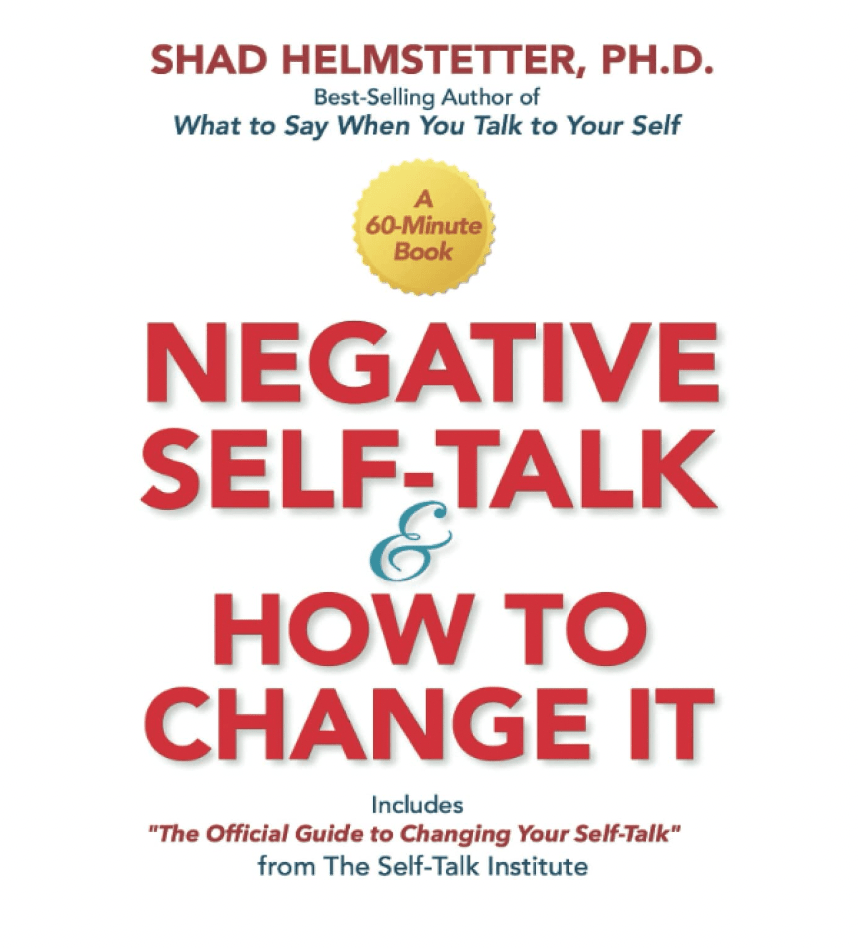If you purchase an independently reviewed product or service through a link on our website, Rolling Stone may receive an affiliate commission.
We’re often our own worst critics.
While other external factors can affect our outlook and worth, a lot of it is up to us. And that’s not easy, especially for the perfectionist-personality types that put immense amounts of pressure on themselves.
Fortunately, mental health isn’t a taboo topic anymore. The shame and stigma of past decades has dropped away significantly in recent years, and that’s overwhelmingly a good thing. Even celebrities have come forward and shared their struggles with things like depression, anxiety, negative body image, and addiction, along with how they were able to rise above and persevere.
Introducing even a little bit of self-care into your routine can prevent burnout, and reduce the effects of stress (both psychological and physical). And with everything going on in the country (and in the world) these days, there’s never been a better time to take some extra care of yourself.
“Paired with the basics like proper sleeping, diet, exercising, and hydration, taking some time aside for yourself can actually make you more productive, and benefit those around you as well,” says Amanda Gross, a clinical social worker and therapist who works with college students and young adults. “Just like how weightlifters need a rest day for their muscle fibers to heal and grow, our brains need some respite too, in order to perform at its best. Especially in these times when our usual support systems might not be available, it’s more important than ever to find ways to take care of ourselves.”
A chance to recharge looks different for every individual. Some find journaling extremely helpful to express emotions and “rage on the page” instead of letting those feelings fester. Meditation is another. But it can be something as simple as going for a walk, or even taking a long shower.
Related: From (Heated) Pillows to Light Therapy, Here Are New Ways to Relieve Stress
The change isn’t just behavioral either – getting into a healthy habit of self-care can physically rewire our brains through a process called neuroplasticity, and the science behind it is pretty incredible. In his book The Brain That Changes Itself, Norman Doidge shows how the results are fully visible on imaging scans, and with practice, we possess the power to create new inroads in our brains, and break out of stagnant old emotional ruts that hold us back. Adapting healthy ways of thinking not only builds new and better neural pathways, it can also change the chemicals our brains are churning out that affect our moods and how we physically feel every day.
What Are the Best Self-Care Books to Read Online?
We’ve rounded up some of the best self-care books online, based on reader reviews, author expertise and our first-hand experiences. Follow our links below to read and purchase the books; you can also listen to them on audiobook with a subscription to Audible, which is currently just $0.99/month for your first three months.
Note: these books are a helpful guide in the right direction, but aren’t meant to fully treat or cure any serious mental illness after simply reading. They’re here to educate and set you on the right path, but talking to a therapist in addition is still the best way to get help.
The Self-Care Solution: A Year of Becoming Happier, Healthier, and Fitter–One Month at a Time
You’ve seen Dr. Jennifer Ashton on shows like The View and Good Morning America, as ABC News’ chief medical correspondent. Now, Dr. Ashton brings her expertise to the pages of this book, which was originally released in 2021 and quickly became a national bestseller.
Dr. Ashton addresses self-care and wellness from an inside-out perspective, offering tips about everything from meditation and sleep, to exercise and diet. In our constantly connected world, Dr. Ashton also tackles the perils of being too connected, talking up the benefits of limiting technology and adopting a more “mindful lifestyle.”
Everything is detailed through easy-to-read chapters, illustrated with photos and charts. As the publisher notes state, “The Self-Care Solution teaches you how to recalibrate your life to enjoy a better, healthier year, one month at a time.”
No Worries: A Guided Journal to Help You Calm Anxiety, Relieve Stress, and Practice Positive Thinking Each Day
This book is an Amazon bestseller, with almost 75% of readers giving it a full, five-star review. The guided journal offers 12 week of prompts, reflections and exercises to help relief anxiety and stress.
What we like: unlike some journals, which are just filled with a ton of blank pages and not much else, this one promises to help you not just identify your triggers, but overcome them as well. Case in point: the book contains a section on “fear-setting exercises” to help you shift your perspective on things that worry you. There is also a “habit tracking” page that helps you remember the self-care habits to prioritize each day.
The Self-Compassion Workbook: Practical Exercises to Approach Your Thoughts, Emotions, and Actions with Kindness
If you’re a relentless perfectionist with a tough inner critic, this book offers a personalized experience that takes it a step above just reading.
The Self-Compassion Workbook is full of exercises and examples to help quiet unhelpful thoughts and break out of a negatively criticizing pattern.
Written by Atlanta-based LCSW and psychotherapist Joy Johnson, the book stems from strategies that she herself used as a personal practice, and now passes on to patients and readers.
Johnson’s book draws you in right from the start, with journaling prompts, personal questions, and help setting up your goals. The strategies inside make it easy to navigate tough times, while still remaining kind and forgiving to yourself.
The Way Out: A Revolutionary, Scientifically Proven Approach to Healing Chronic Pain
When we get embarrassed, our faces turn red. When we get nervous, we often get a tensed-up stomach. There’s a clear and instant link between emotions and the resulting reactions we can see and feel.
So it only makes sense that when stress and burnout or overwhelming emotional trauma go unchecked, all sorts of symptoms can arise in our bodies – including ones we feel physically and can mistake for illness or injury, but in reality, is coming from our brain and nervous system.
Alan Gordon is an LCSW, psychotherapist, founder of the Pain Psychology Center in Los Angeles, and experienced exactly that in grad school, when chronic pain hit hard and no doctors could seem to pinpoint its medical origin. As a result, he developed Pain Reprocessing Therapy (PRT), significantly reduced his own pain, and has gone on to help thousands of others.
Together with neuroscientist Alon Ziv, The Way Out takes the reader through a deep but digestible understanding of mind-body symptoms, why it affects the perfectionist personality type the hardest, and most importantly incorporating some self-care into your routine, even just a little, can have major positive results in the long run for mental and physical health.
Self-Love Workbook for Women: Release Self-Doubt, Build Self-Compassion, and Embrace Who You Are
Therapist and MSW Megan Logan’s book shows that changing behavioral and thought patterns that we’ve been caught in for years isn’t easy – but it is possible.
Created specifically for women, the book starts the reader off with achieving self-compassion, along with addressing more serious issues like body image and eating disorders, gently uncovering the root causes behind them.
It’s written with kindness and wit, easy to understand, and there’s a lot packed in here, from journaling prompts, quizzes, quotes and meditations, to clear road-maps that define how to reach your mental health goals and become unstuck from the habits that hold you back. For women looking to address mental health-related issues in their lives, this book provides a personal chance to dig deep.
Negative Self-Talk and How to Change It
At only 103 pages, Dr. Shad Helmstetter’s book is a quick read, but says everything it needs to say without any filler.
This book takes a deep dive into reinforcing the ways which negative and self-critical thoughts can come to define us, the protective purpose it’s built to serve, and the techniques we can do to safely break out of it.
Helmstetter, a behavioral researcher and best-selling author of more than 20 books, has been a leader in his field for four decades. His writing is concise and cuts right to the core, explaining how all our self-talk is “recorded” in our brains, eventually becoming a solidified pattern. But thanks to the incredible process of neuroplasticity, it’s possible to rewire this way of thinking, and see the benefits start to appear. From a living legend in the field of psychology and behavioral research, this book provides a fast overview for changing your brain for the better.
This post was originally published on here


